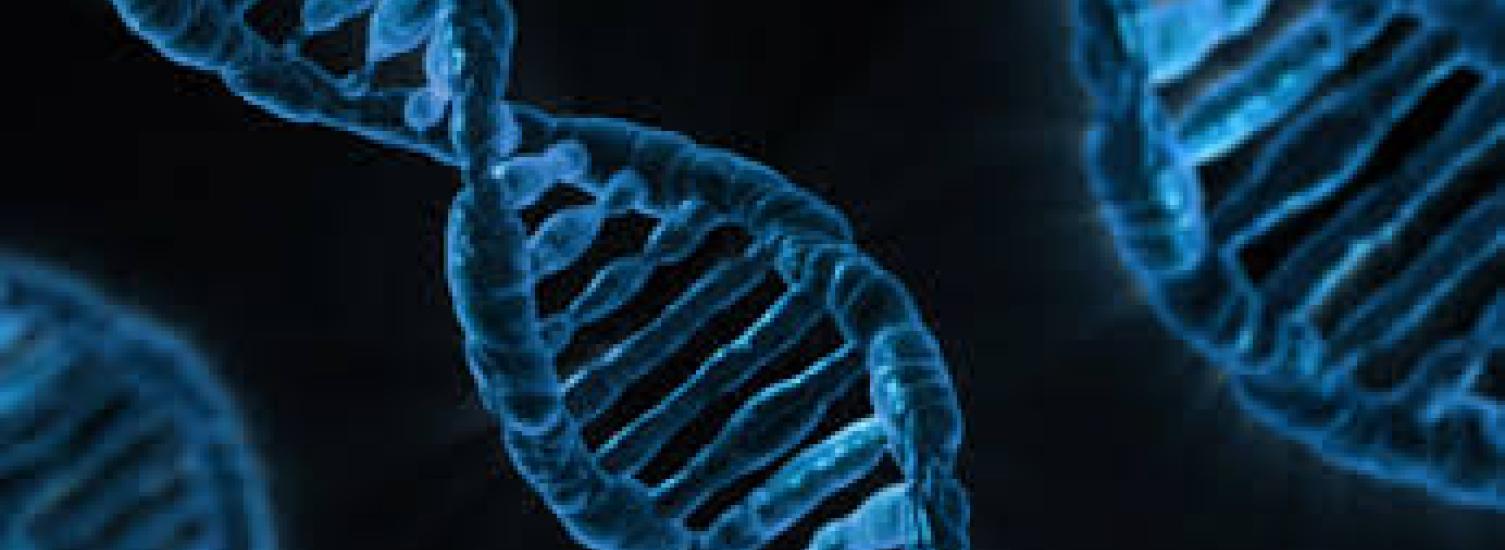
Genetics and Low Testosterone: A Complex Relationship
Low testosterone, or hypogonadism, can significantly impact a man's physical and emotional well-being. While lifestyle factors and underlying health conditions can contribute to this condition, genetics also plays a significant role. Understanding the genetic factors involved can provide valuable insights into the causes, prevention, and treatment of low testosterone.
The Genetic Basis of Testosterone Production
The production of testosterone is a complex process regulated by a network of genes. These genes control the development and function of the testes, which are responsible for testosterone production. Several genes have been identified as playing a role in testosterone levels, including:
- Androgen receptor gene (AR): The AR gene encodes the androgen receptor, a protein that binds to testosterone and other male sex hormones. Variations in the AR gene can affect the sensitivity of the body's tissues to testosterone, potentially leading to low testosterone levels.
- Luteinizing hormone (LH) receptor gene: The LH receptor gene encodes a protein that binds to LH, a hormone that stimulates testosterone production. Mutations in the LH receptor gene can impair testosterone production.
- FSH receptor gene: The FSH receptor gene encodes a protein that binds to follicle-stimulating hormone (FSH), another hormone involved in testosterone production. Mutations in the FSH receptor gene can also affect testosterone levels.
- CYP17A1 gene: The CYP17A1 gene encodes an enzyme that is essential for the production of testosterone and other androgens. Mutations in this gene can lead to congenital adrenal hyperplasia, a condition that can result in low testosterone levels.
Genetic Predisposition to Low Testosterone
While genetic factors can increase the risk of low testosterone, they do not guarantee that a man will develop the condition. Lifestyle factors, such as obesity, stress, and alcohol consumption, can also contribute to low testosterone. In many cases, it is likely a combination of genetic and environmental factors that leads to the development of low testosterone.
Family History and Low Testosterone
A family history of low testosterone or other hormonal disorders can increase the risk of developing the condition. If multiple male family members have experienced low testosterone, it may be indicative of a genetic predisposition. However, it is important to note that not all men with a family history of low testosterone will develop the condition.
Genetic Testing for Low Testosterone
Genetic testing can be used to identify mutations in genes that are associated with low testosterone. This information can be helpful in understanding the underlying cause of the condition and guiding treatment decisions. However, genetic testing is not necessary for diagnosing low testosterone. A blood test to measure testosterone levels is typically sufficient.
Conclusion
Genetics plays a significant role in the development of low testosterone. While genetic testing can be helpful in some cases, it is not necessary for diagnosis. If you are concerned about low testosterone, it is important to consult with a healthcare provider for a thorough evaluation and appropriate treatment.
HRT Doctor provides professional and confidential Low Testosterone Replacement Therapy (TRT) services to men who are experiencing Low-T symptoms. To find out more, contact us online or call to speak to one of our patient care specialists at (888) 827-0142.
